Trauma-informed practice recognises the prevalence of trauma and its impact on the emotional, psychological and social wellbeing of people, recognising and responding by enabling changes in behaviour, strengthening resilience and empower individuals to re-establish control of their lives.
Trauma-informed Work Place
Being a trauma-informed organisation requires all staff to be educated and aware to embed a trauma-informed approach in all aspects of working practices and settings.
The Hampshire, IOW, Portsmouth and Southampton (HIPS) Trauma Informed Services Directory provides information and links to Trauma-informed training opportunities, accessible via the link button opposite.
Adverse Childhood Experiences (ACEs)
The impact of early neglect and trauma can cross every area of children’s lives, negatively affecting their capacity to learn basic self-regulatory skills, develop a moral sense, manage a formal educational environment and make close, trusting relationships. The level of trauma is often associated to Adverse Childhood Experiences (ACEs); the more ACEs a child endures, the greater the risk of them having physical and mental health problems later in life.
Hampshire Police Contacts:
For more information and support on Trauma Informed Practice, Education and Training contact:
HIPS Trauma Informed Directory
HIPS Trauma Informed Knowledge Hub







